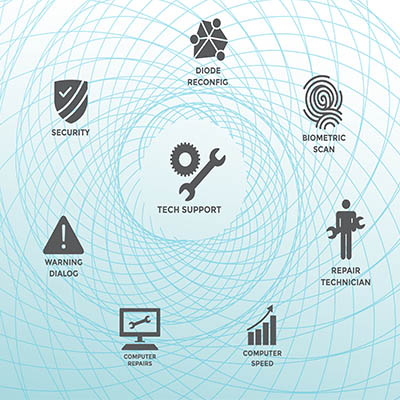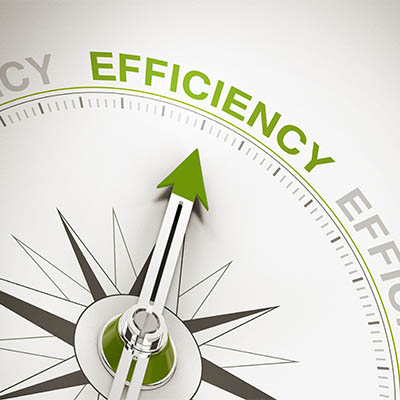Collaboration with external vendors is a necessity. From software and cloud services to marketing and logistics, vendors are crucial partners that enable your business to operate and compete. This often requires vendors to access your business’ sensitive data. Without proper controls, granting this access can expose your company to significant risks. Let’s take a look at why vendors probably don’t need access to all of your data.
The Domino Effect of Data Breaches
Each vendor with access to your data represents a potential point of vulnerability. If a vendor experiences a data breach on their end, your data could be compromised as a direct result. Their security weaknesses become your problem. This can expose a wide range of sensitive information, including your customer details, financial records, and intellectual property. It’s a domino effect where a security failure at a third-party company can trigger a major crisis for your business.
The Risk of Data Misuse
Beyond data breaches, another significant concern is the potential for data misuse. A vendor might use your data in ways you never intended or agreed to, whether by accident or on purpose. This could involve selling anonymized data that isn’t truly anonymous or using your customer information to market their own products in an unethical way. This can quickly erode any trust you have built with your own customers, and rebuilding it will take time, if you get the ability to repair the relationship at all.
The Pitfall of Excessive Access
A common mistake is granting vendors more access than they actually need to perform their job. This is often a result of convenience, but can also be from a lack of clear protocols. The more data a vendor can see, the higher the stakes if that data is ever compromised or misused.
Adopting a Proactive Approach
Identifying and mitigating risks isn’t about distrusting your vendors; it’s about protecting your nest egg. The key is to implement the principle of least privilege. This means you should only grant vendors the minimal amount of access required for them to complete their tasks, and nothing more.
To achieve this, you should:
- Review data needs – Before granting access, carefully assess exactly what data a vendor needs and why.
- Establish clear agreements – Have a formal agreement in place that outlines what data they can access, how it can be used, and the security protocols they must follow. This agreement should also specify the steps to be taken in the event of a breach.
- Monitor and manage access – Regularly review and update vendor access permissions. As a project ends or roles change, remove access that is no longer necessary.
By being mindful about how you grant and manage vendor data access, you can significantly protect your business and your customers from potential threats and maintain the integrity of your data.
For help with your IT management strategies or to better understand how to control your organization’s data, give us a call today at 978-798-6805.







